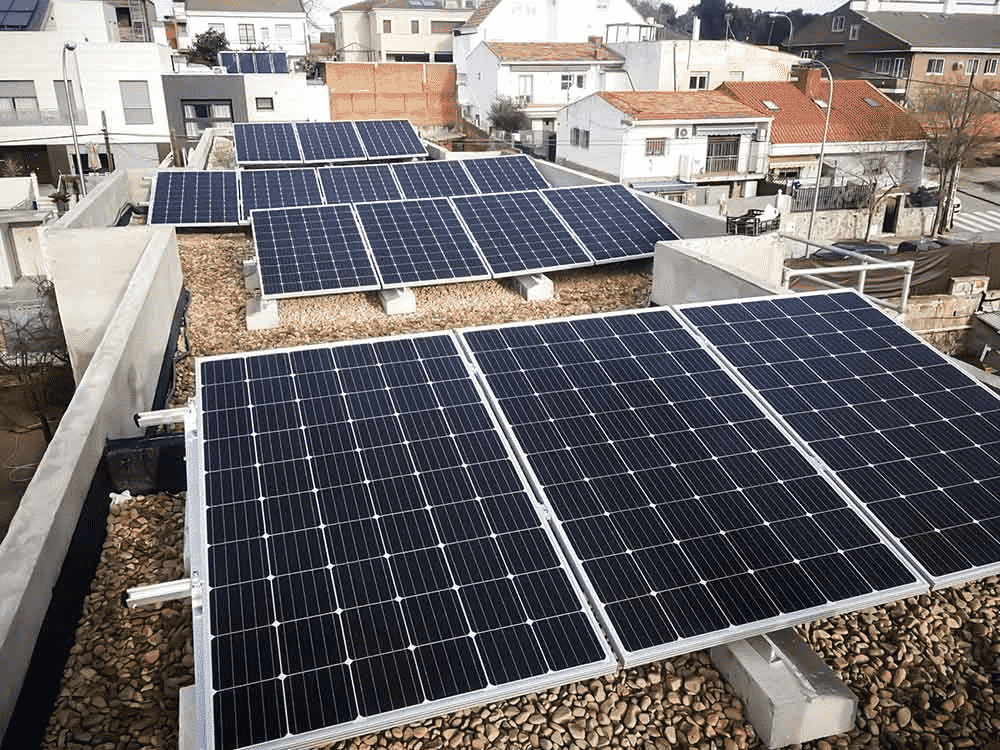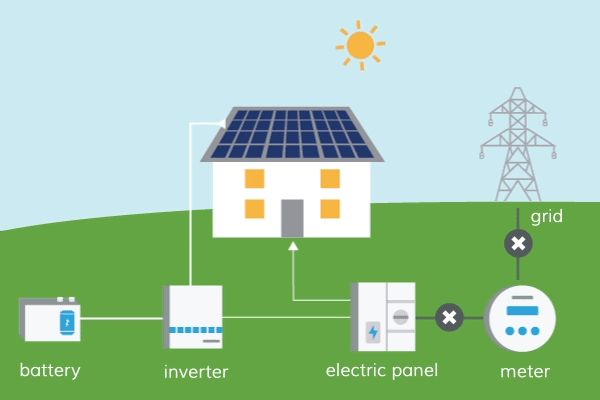
How Many Solar Panels Do I Need for 1,000 kWh per Month?
As the world shifts towards sustainable and renewable sources of energy, solar power has become increasingly popular. Many people are considering installing solar panels in their homes to reduce their dependence on non-renewable sources of electricity.
However, one of the most important questions that arise is how many solar panels are needed to generate a specific amount of electricity. This is particularly true for those who aim to generate 1,000 kilowatt-hours (kWh) per month, which is a typical household’s electricity consumption. In this article, we will explore the factors that determine the number of solar panels required to generate 1,000 kWh per month and provide some useful tips to help you make an informed decision.
How Many Solar Panels Do I Need for 1,000 kWh per Month?
Si estás pensando en instalar paneles solares en tu hogar, probablemente te estés preguntando cuántos paneles solares necesitas para producir 1.000 kWh al mes. En este artículo, exploraremos cómo se calcula la cantidad de paneles solares necesarios para alcanzar este objetivo y qué factores debes tener en cuenta al tomar esta decisión.
Understanding Energy Usage and Solar Panel Efficiency
The first step in determining how many solar panels are needed is to understand energy usage and solar panel efficiency. A kilowatt-hour (kWh) is a unit of energy consumption and is used by utility companies to bill customers. On average, a U.S. household uses around 877 kWh per month, but this can vary depending on factors such as the size of the household, the type of appliances used, and climate conditions.
The efficiency of solar panels is measured by their power output, which is expressed in watts. A typical solar panel produces around 300 watts of power. However, the amount of power a solar panel produces can vary depending on the angle of the sun, the temperature, and shading.
Solar Panel Sizing Calculation
To determine how many solar panels are needed to generate 1,000 kWh per month, we must use a solar panel sizing calculation. This calculation takes into account the energy usage of a household and the efficiency of solar panels.
Assuming an average household energy usage of 877 kWh per month, we can calculate the total amount of energy needed to generate 1,000 kWh per month by using the following equation:
Total Energy Needed = (1,000 kWh per month) / (30 days per month) = 33.33 kWh per day
Next, we need to determine the size of the solar panel system required to generate 33.33 kWh per day. Using the average solar panel efficiency of 300 watts, we can calculate the number of solar panels needed by using the following equation:
Number of Solar Panels = (33.33 kWh per day) / (300 watts per panel) = 111 solar panels
However, it’s important to note that this calculation is an estimation and assumes optimal solar conditions. Actual energy production may vary based on factors such as shading, orientation, and temperature.
Table of Solar Panel Sizing
To make it easier to determine how many solar panels are needed based on different energy usage levels, we have created a table of solar panel sizing. This table assumes an average solar panel efficiency of 300 watts and optimal solar conditions.
| Energy Usage per Month | Total Energy Needed per Day | Number of Solar Panels Needed |
|---|---|---|
| 500 kWh | 16.67 kWh | 56 |
| 750 kWh | 25 kWh | 84 |
| 1,000 kWh | 33.33 kWh | 111 |
| 1,250 kWh | 41.67 kWh | 139 |
| 1,500 kWh | 50 kWh | 167 |
Conclusion: Determining how many solar panels are needed to generate 1,000 kWh per month requires an understanding of energy usage and solar panel efficiency. While the solar panel sizing calculation can provide an estimation, actual energy production may vary based on environmental factors. However, the table of solar panel sizing can help homeowners determine the number of solar panels needed based on their energy usage goals. By switching to solar energy, homeowners





